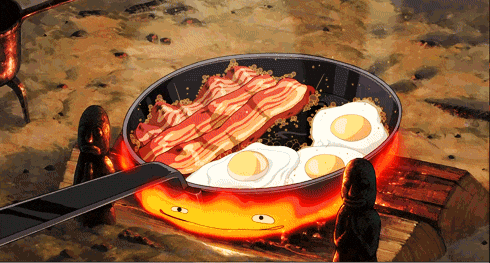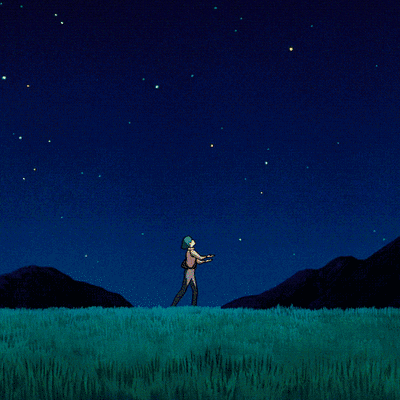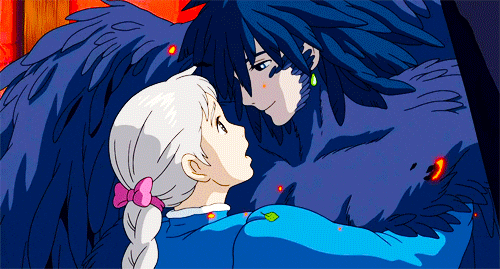Every novel, regardless of genre, needs a few big things to make it work: great characters, a riveting plot, and a compelling setting. But for speculative fiction–fantasy, science fiction, and everything in between–setting carries a little more weight than in other genres, especially in alt-world settings, where the world is totally invented by the author.
World building is one of my favorite parts of writing craft, and is probably one of the more intuitive elements of my writing process. In fact, sometimes it’s so intuitive that I forget to actually put any thought or effort into it while in the planning stages of my books. And then, inevitably, I’ll realize I completely failed to come up with something crucial and need to go back to the beginning.
To help me improve my mastery over world building (and maybe yours too!) I’ve rounded up my favorite tips for deepening already complex worlds.
Breakfast
In one of my favorite quotes from Margaret Atwood, she talks about how she likes to start her world building with breakfast.
“I like to wonder what people would have for breakfast–which people, as their breakfasts would be different–and where they would get those food items, and whether or not they would say a prayer over them, and how they would pay for them, and what they would wear during that meal, and, if cooked, how … Breakfast can take you quite far.”

With this technique, a seemingly simple, basic act becomes a lens through which a world’s customs, values, and systems are distilled. Focusing on a single activity can help you color in a world’s broader dynamics, from the micro to the macro.
Death
One of the most interesting and diverse elements of human culture is how we deal with death. How a society approaches old age, funeral customs, spirituality and grief can tell a lot about their values, religious beliefs, and understanding of their place in the world.
Ask yourself–do the characters in your book fear death, or accept it? Do they bury, cremate, or entomb their dead, and why? Do they believe in ghosts, spirits, or ancestors? Answering these questions will help clarify the deep-seated values of your characters and define where they believe they fit in the cosmology of your world.
History

Your characters aren’t the only thing that needs a backstory. Give your world a history, too! While you don’t need paragraphs and paragraphs outlining the last thousand years of your world’s history, you do need glimmers of what has come before and how it may have affected the world your story takes place in.
Have their been any wars in the recent past, how did they start, and how did they end? How did the people in power get there, and who came before them? Have there been any societal shifts that changed the way the culture saw themselves?
Once you understand the history of your world, you’ll be able to offer the reader glimpses of it when needed.
Keep it simple, stupid
It may seem like a complex world needs complex world-building. This isn’t necessarily the case, though. If you need to bend over backwards to explain something, chances are you’re overthinking it. If your magic system needs a glossary, simplify. If you need to explain the past two thousand years of history for the current social structure to make sense, simplify. If your readers can’t figure out what invented words mean through context clues, simplify.
Speculative fiction can stand–nay, demands–a degree of lushness and intricacy. But don’t get so tangled up in your own world building that it becomes convoluted.
Say yes to you
At the end of the day, trust yourself. This may seem a little contradictory to the last point, but you know your story and your characters and your world best. The details that will make your story shine will ultimately spring from your glorious imagination. Try not to second guess yourself too much, especially in the early stages of a project.

Sometimes the wildest concepts will make your world sparkle; other times, it’s the simplest of details that will make your world shine. Try not to be precious about being so original that no one has ever done something similar; try not to be too derivative, either. Trust your gut and your imagination–that’s how you’ll build your world from the ground up.
I have to say that when it comes to original world creation, video games have produced some of the most imaginative and complete universes I’ve ever had the pleasure of inhabiting. Iwould also say that thorough research is essential in creating any world, however fantastical; the more you read, the more believable your unbelievable worlds will be.
I totally agree! I don’t game a lot myself, but my husband does, and I’m often gobsmacked by both how detailed and how expansive the worlds of his games are. And yes, research is so important–the better we understand our own world, the more believable the worlds we create can be.
Yes!! I’m playing a few games on my phone right now that blow me anyway with their intricacies and worlds.
Great post, Lyra. These tips work well for historical fiction too!
Glad they’re helpful!